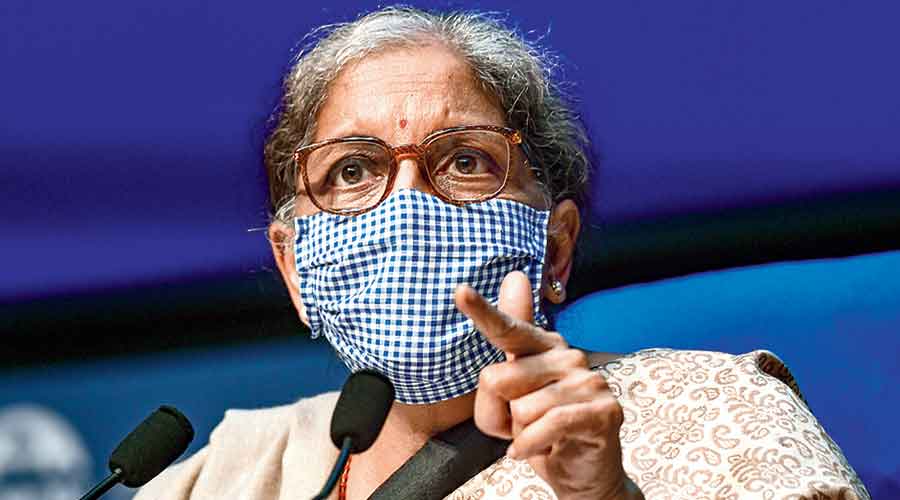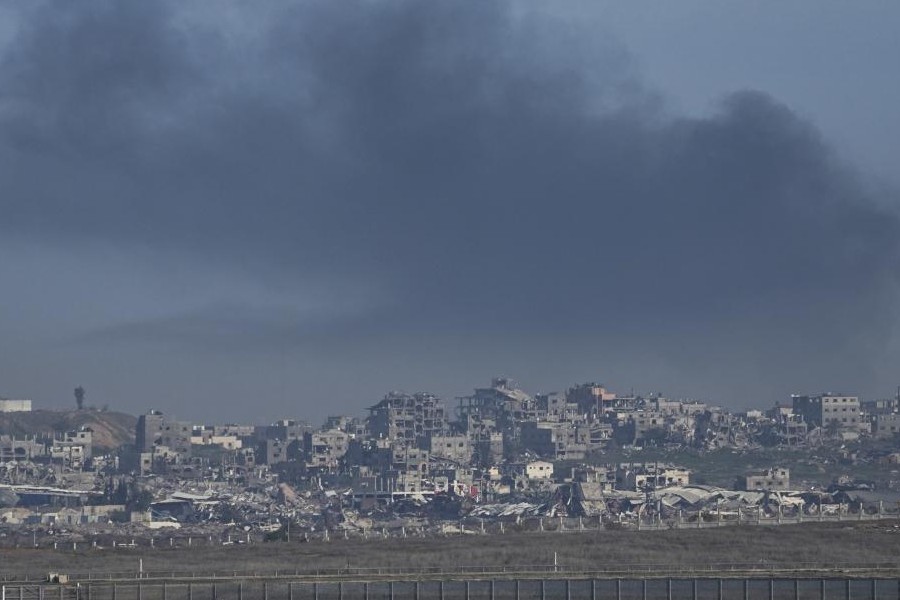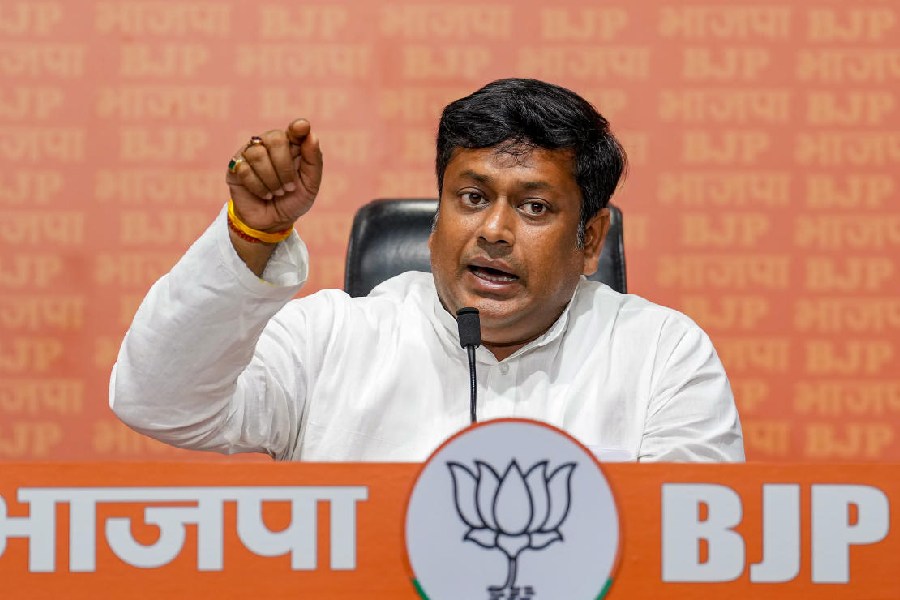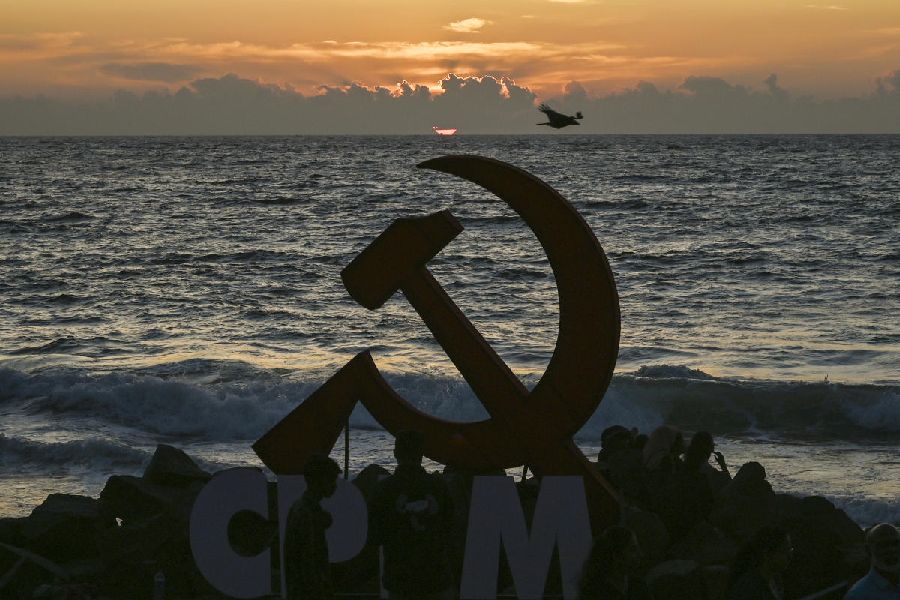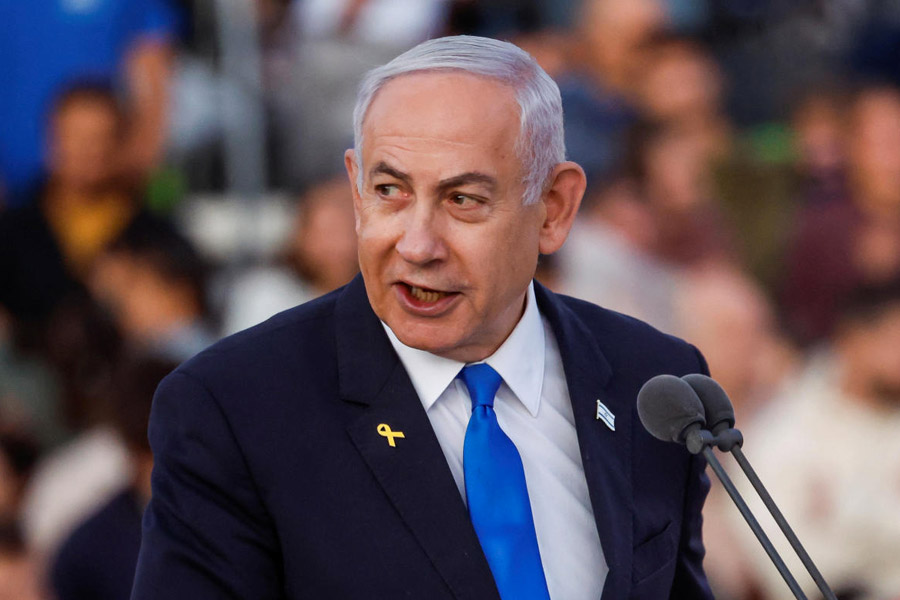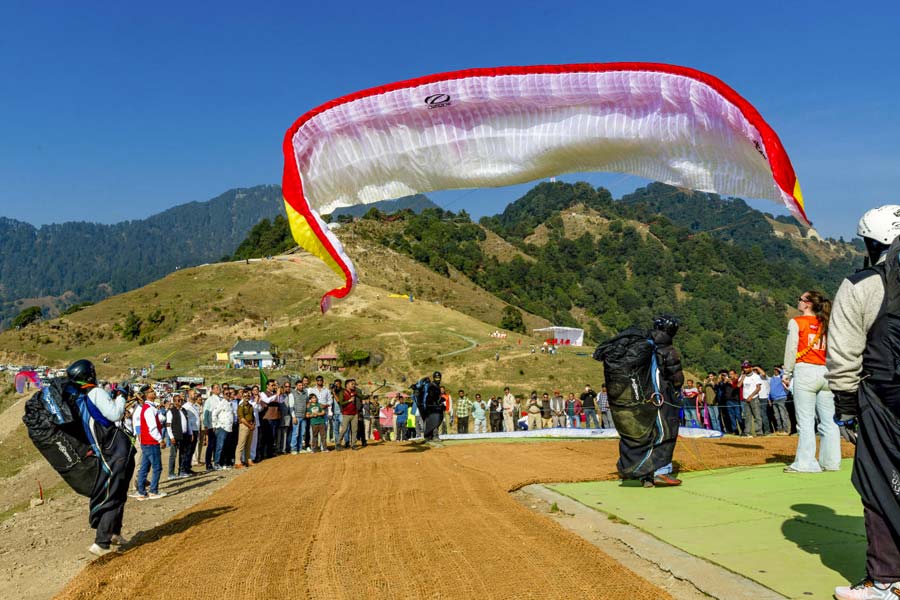The all-powerful GST Council on Friday decided to charge food delivery platforms such as Swiggy and Zomato a tax even as it extended concessional tax rates on certain COVID-19 drugs by three months till December 31.
The Council, which comprises the Union finance minister and her state counterparts, decided to continue keeping petrol and diesel out of the GST purview as subsuming the current excise duty and VAT into one national rate would impact revenues.
Briefing reporters on the decisions taken by the council at a meeting here, Union Finance Minister Nirmala Sitharaman said GST has been exempted on muscular atrophy drugs like Zolgensma and Viltepso, which cost crores of rupees.
It extended the period of concessional GST rates on certain COVID-related drugs by three months till December 31 but decided not to give the same benefit to medical equipment. The concessional regime for certain medical equipment will end on September 30.
Sitharaman said 5 per cent GST will be levied at the point where the delivery is made by Swiggy and Zomato.
Also, the Council cut GST rate from 12 per cent to 5 per cent on cancer-related drugs and on fortified rice kernels to 5 per cent from 18 per cent.
GST rate on bio-diesel for blending in diesel was reduced to 5 per cent from 12 per cent, while the national permit fee for goods carriage has been exempt from GST.
Import of leased aircraft have also been exempted from payment of I-GST, the finance minister said.
The panel decided to levy 18 per cent GST on all sorts of pens. Specified renewable sector devices will be charged 12 per cent tax.
GST Council also recommended new footwear and textile rates from January 1.
The council, which also discussed the issue of inclusion of petrol and diesel under the tax structure after a Kerala High Court order, said that all members of the council were against it, according to a report in ndtv.com.
“On the direction of court it was brought on to table but members spoke very clearly they do not want it to be included in GST," she said. "This will be reported to the high court as the GST Council felt it was not the time to bring petroleum products under the GST," she added.
The tax cuts were based on recommendations by a Group of Ministers amid the pandemic, whose crippling effects on the economy has also hurt household finance, the GST Council - a constitutional body that decides rates for the GST - had said.
The Council had decided that no tax will be levied on medicines like the monoclonal antibody Tocilizumab and Amphotericin B, used for treating Black Fungus, a fungal disease that affects people infected with Covid.
Earlier, the GST rates on these medicines stood at 5 per cent.
The Council had also cut rates on anti-coagulants such as heparin and Remdesivir - a drug for treating COVID-19, from 12 per cent to 5 per cent.
Additionally, tax rates on gas, electric, other furnaces for the crematorium, including their installation were reduced from 18 per cent to 5 per cent.
The GST rates on ambulances were reduced from 28 per cent to 12 per cent. The tax rates on hand sanitiser was lowered from 18 per cent to 5 per cent, while rates on temperature check equipment was reduced from 18 per cent to 5 per cent.
Covid vaccines, however, continue to be charged a GST of 5 per cent. There were also no tax cuts on raw material for Covid testing kits.

